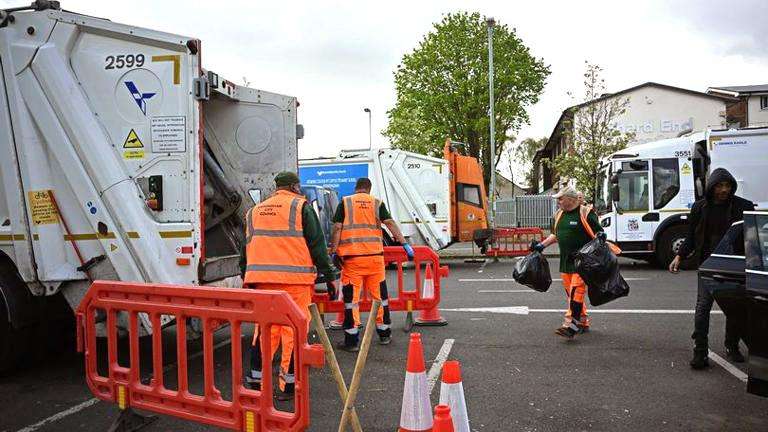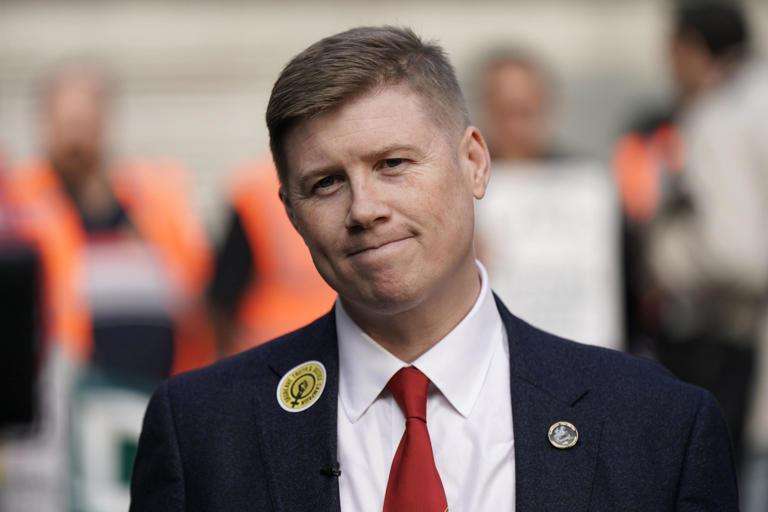Inspectorate Pushes for Full Facial Recognition Use Amidst Record Search Rates. Police Urged to Expand Use as Public Searches Hit Two-Minute Frequency.
A growing debate surrounding privacy and law enforcement is intensifying as it has been revealed that UK police forces are conducting facial recognition searches on the public at an alarming rate, averaging one search every two minutes. This revelation, reported by The Telegraph, comes alongside an urging from the independent police inspectorate for forces to "fully exploit" the technology in criminal investigations.
The data indicates a significant escalation in the use of facial recognition, with over a quarter of a million "retrospective" searches conducted last year alone. These searches, which involve comparing images of individuals against police databases, are raising serious concerns among civil liberties advocates.
The inspectorate's recommendation to maximize the use of facial recognition is met with stark criticism from privacy campaigners, who describe the increasing surveillance as "deeply Orwellian." Critics argue that the technology poses a significant threat to individual freedoms and raises questions about potential biases and inaccuracies in the system.
"The sheer volume of these searches, happening every two minutes, paints a chilling picture of constant surveillance," stated a spokesperson for a leading privacy rights organization. "This level of scrutiny undermines the fundamental right to privacy and creates an environment of distrust between citizens and law enforcement."
Proponents of the technology, however, argue that it is a vital tool in modern policing, enabling officers to quickly identify suspects and prevent crime. They maintain that facial recognition can significantly enhance public safety and streamline investigations.
"Facial recognition offers a powerful means of identifying individuals involved in criminal activity," argued a police representative. "It allows us to quickly access information that can be crucial in solving cases and protecting the public."
The debate centers on the balance between security and individual rights. Concerns regarding the accuracy of facial recognition systems, particularly in identifying individuals from minority ethnic backgrounds, are also at the forefront of the discussion. There are worries that the technology may lead to misidentification and wrongful arrests.
As police forces are encouraged to expand their use of facial recognition, the public and policymakers are grappling with the implications of this rapidly evolving technology. The need for clear guidelines and safeguards to protect individual liberties is becoming increasingly urgent. The conversation about the ethical and legal boundaries of facial recognition is certain to continue, as the technology becomes more integrated into law enforcement practices.
Chris Philp, the former policing minister, expressed concern about how the technology is being used.
"Reports of misuse are deeply concerning and it should certainly never be used for non-crime investigations," he said.
Madeleine Stone from Big Brother Watch called police use of facial recognition in non-crime investigations "deeply Orwellian".
Grant Shapps called for national guidance to prevent "misuse" by police.
The Information Commissioner's Office is investigating how police are using facial recognition software.
The ICO expressed concerns that "large amounts of sensitive personal data" may not be processed "responsibly" and "appropriately".
"People must be able to trust that technology is being used responsibly," an ICO spokesman said.


_1.jpg)





.svg)


